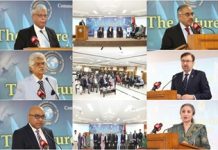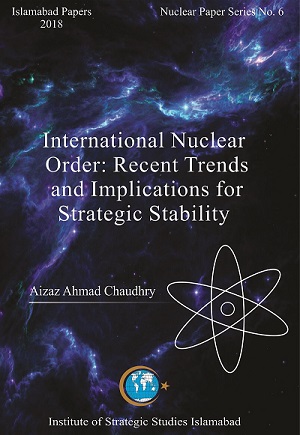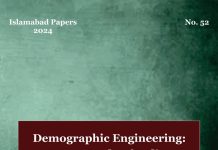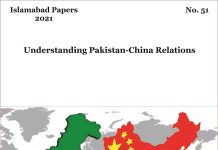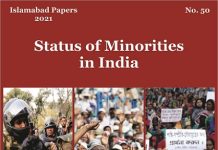Abstract
This article seeks to identify the recent trends in the international nuclear order, and their implications for strategic stability. Post-1945, the international community wanted to contain the spread of nuclear weapons while optimizing the use of nuclear technology for peaceful uses. The Nuclear Non-Proliferation Treaty (NPT) represented a grand bargain whereby the possessors of nuclear weapons would disarm over time, others would not develop such weapons, and all parties would benefit from the peaceful uses of nuclear technology. That grand bargain has not been honored. Hence, the rising tensions over the lack of progress in nuclear disarmament, non-proliferation, and arms control. The challenges to the international nuclear order are serious and ominous, including lack of political will to disarm, lingering uncertainties around the US-Russia strategic arrangements on arms control, and deadlock in the multilateral processes on arms control and non-proliferation. Regional dynamics in South Asia, Middle East, and East Asia are also negatively impacting nuclear stability. With the Trump presidency’s announcement of its Nuclear Posture Review 2018, a new dynamic has been unleashed. The US seems to have embarked on “America First” approach which entails pursuit of “unmatched power” including modernization of its conventional and nuclear weapons. A new arms race is setting in, with a cascading negative effect on nuclear disarmament and non-proliferation regime, and regional dynamics. In the midst of such uncertainty, Pakistan has done well in maintaining a robust nuclear deterrence capability to deter any aggression from our east. Our focus should remain on nuclear safety, nuclear security, exports controls, and command and control, and active participation in global debates on nuclear stability. This approach will not only protect our interest in the evolving global nuclear order, but also strengthen our status as a responsible nuclear state.





